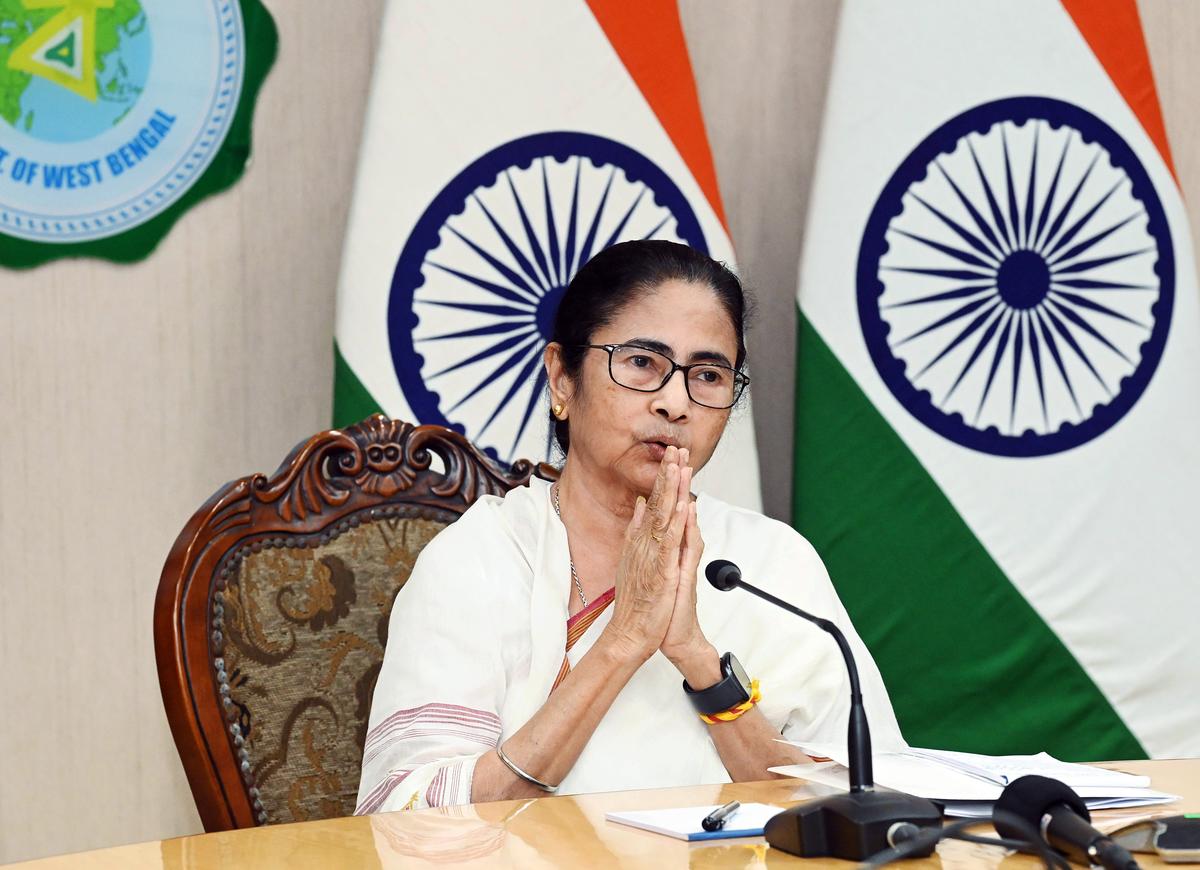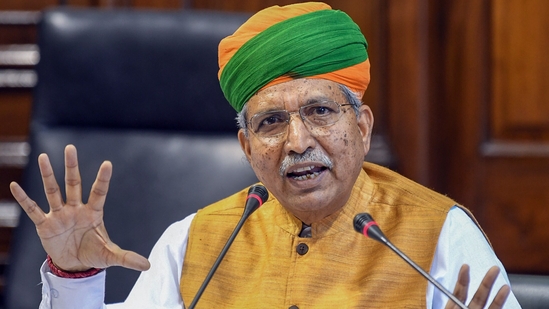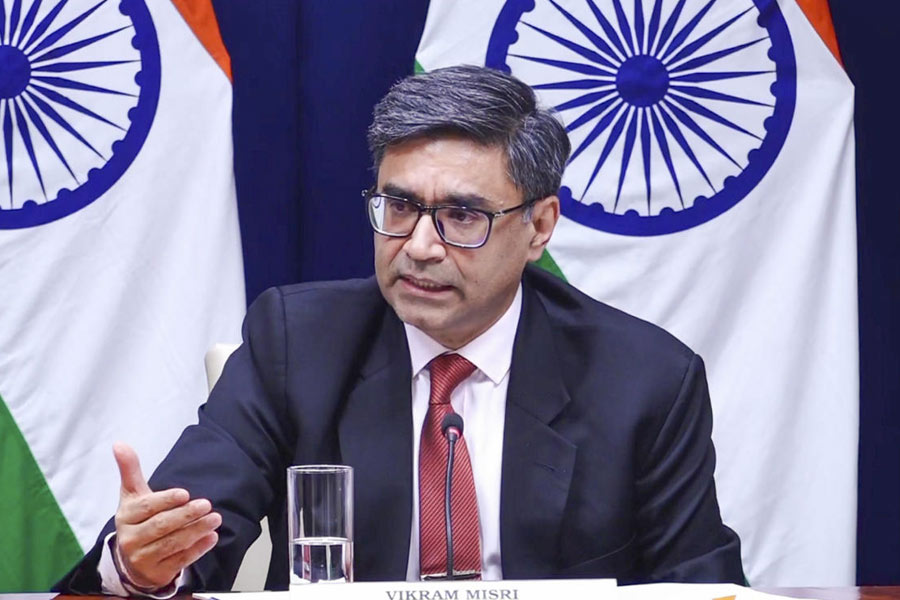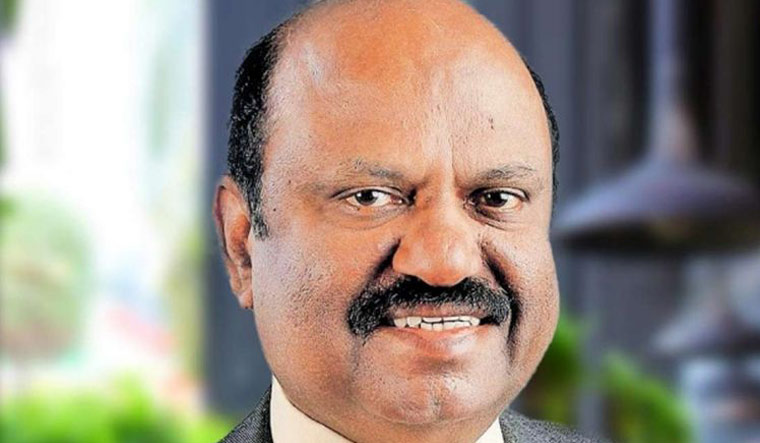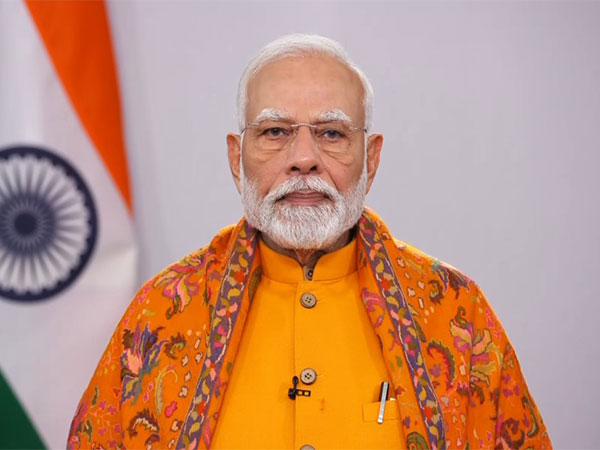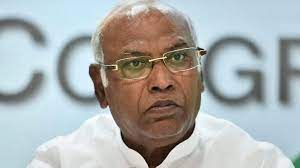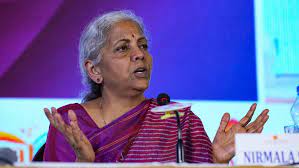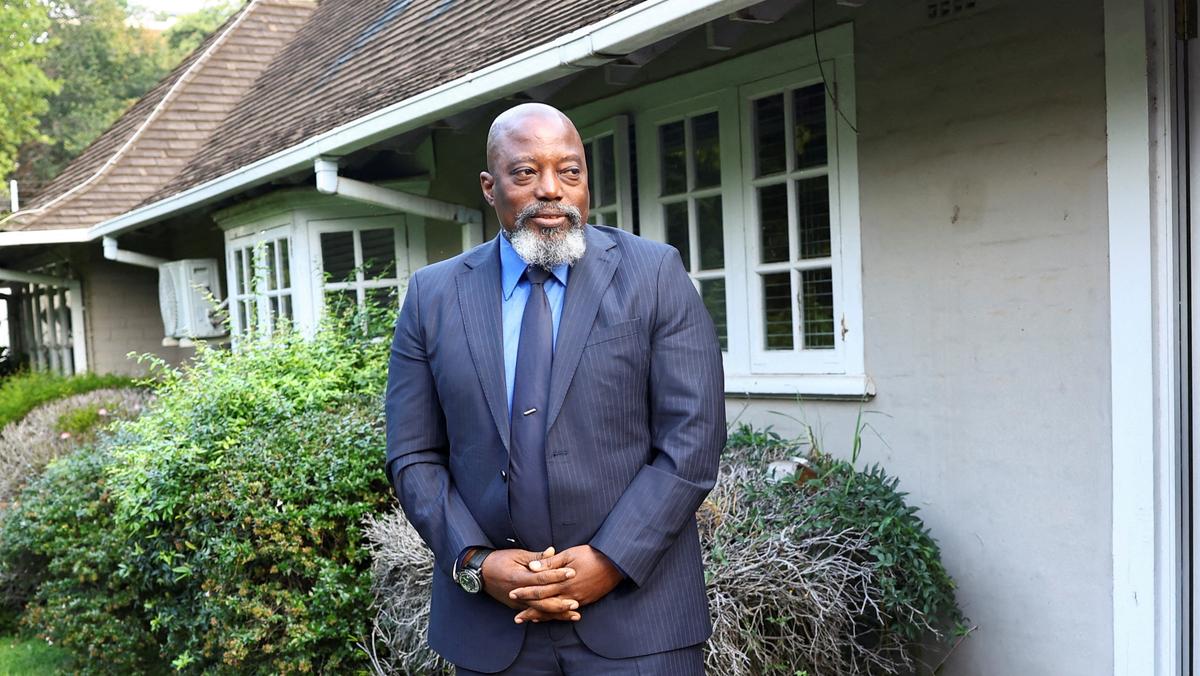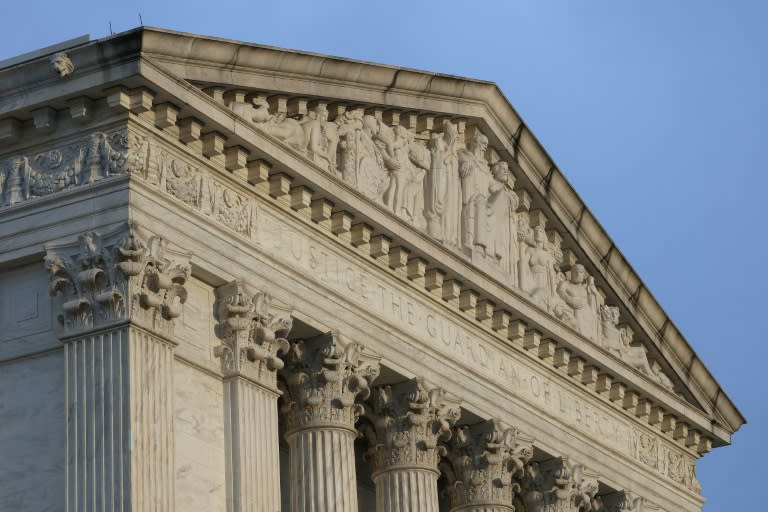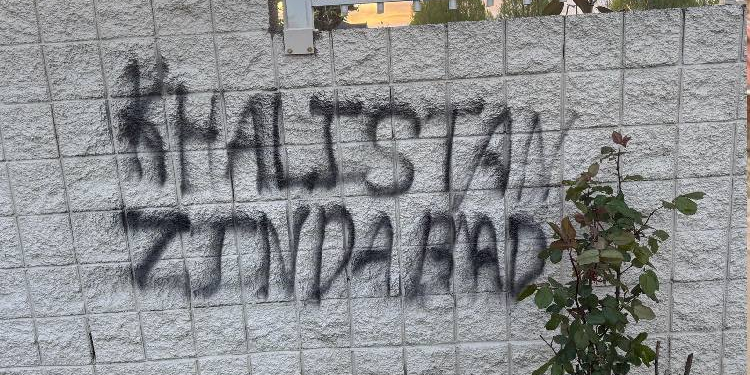Rohingyas illegal immigrants, a threat to India: Govt to SC
Tue 19 Sep 2017, 11:13:00
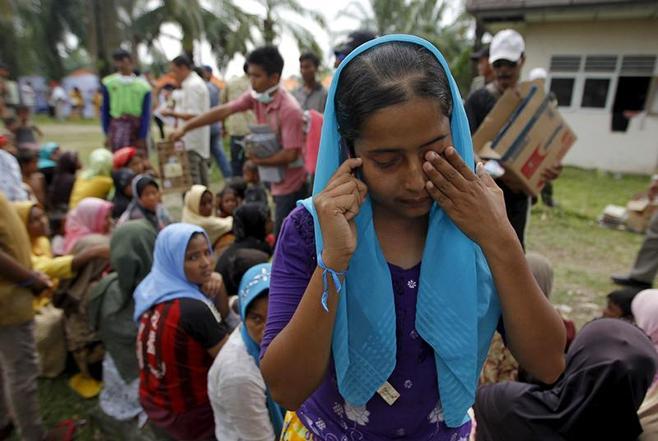
Terming the Rohingya refugees as "illegal" immigrants, the government told the Supreme Court that some of them were part of a "sinister" design of Pakistan's ISI and terror groups such as the ISIS, whose presence in the country will pose a "serious" national security threat.
The Ministry of Home Affairs (MHA) made its stand clear in a much-awaited affidavit in the apex court, in which it also said the fundamental right to settle in any part of the country was available only to citizens and not the Rohingyas.It categorically stated that the apex court should not invoke its jurisdiction, as the issue of Rohingyas "fell under the exclusive domain of policy decision of the executive".
The affidavit was filed hours after a bench headed by Chief Justice Dipak Misra considered the statement of Additional Solicitor General Tushar Mehta that the government would file its reply in the course of the day on the PIL by two Rohingyas, challenging their deportation.
The affidavit was submitted as a response to a plea, filed by Rohingya immigrants Mohammad Salimullah and Mohammad Shaqir, claiming they had taken refuge in India after escaping from Myanmar due to widespread discrimination, violence and bloodshed against the community there.
In the matter which will be heard next on October 3, the MHA said the "continuance of Rohingyas' illegal immigration into India and their continued stay in India, apart from being absolutely illegal, is found to be having serious national security ramifications and has serious security threats."
Referring to the inputs of security agencies, the affidavit said the "Rohingyas figured in the suspected sinister designs of ISI/ISIS and other extremists groups who want to achieve their ulterior motives in India".
Moreover, since there was a "serious national security threat/concern", the government should be allowed to exercise its essential executive function by way of a policy decision to deport the Rohingyas in the larger interest of the nation, the affidavit said.
"I state and submit that some of the Rohingyas with militant background are also found to be very active in Jammu, Delhi, Hyderabad and Mewat, and have been identified as having a very serious and potential threat to the internal/national security of India," the MHA official who signed the affidavit said, noting that their "illegal influx" in significant numbers, had started since 2012-13.
"The Central Government has contemporaneous security agencies inputs and other authentic material indicating linkages of some of the unauthorised Rohingya immigrants with Pakistan-based terror organisations and similar organisations operating in other countries.
"Over and above the said serious security concern already in existence, more disturbing part is that there is an organised influx of illegal immigrants from Myanmar through agents
and touts facilitating illegal immigrants Rohingyas into India ...This situation is seriously harming the national security of the country," it said.
and touts facilitating illegal immigrants Rohingyas into India ...This situation is seriously harming the national security of the country," it said.
The affidavit said some Rohingyas were involved in "illegal and anti national activities" like mobilisation of funds through hawala channels, procuring fake Indian ID cards besides indulging in human trafficking.
"A fragile Northeastern corridor may become further destabilised in case of stridency of Rohingya militancy, which the Central Government has found to be growing, if permitted to continue," it said.There was also a serious potential and possibility of eruption of violence against the Buddhists who are Indian citizens by radicalised Rohingyas, the MHA document said.
The Centre then dealt with the fundamental right of citizens to reside, settle and move freely inside the country and said the apex court should not entertain the plea for extending these rights to the illegal Rohingyas.
"No illegal immigrant can pray for a writ of this court which directly or indirectly confer the fundamental rights in general and the rights...," the affidavit said.
The MHA also said that the citizens' rights like right to life and employment get adversely affected due to the burden on resources posed by the Rohingyas, whose numbers have now swelled to over 40,000.
The factual situation, the potential threat to internal and national security, diversion of national resources differ from case to case and the government takes decision in discharge of its executive functions based upon empirical data and objective facts by way of policy, the affidavit said.
It dealt with the provisions of 1951 Convention Relating to the Status of Refugees and 1967 Protocol Relating to the Status of Refugees and said these were not applicable as India was not a signatory to either of them.
Seeking dismissal of the PIL, the government said such an indulgence would "encourage illegal influx of illegal migrants into our country and thereby deprive the citizens of India of their fundamental and basic human rights."
"So far as India is concerned, national security considerations rank the highest on the country's list of priorities, given its geopolitical influence in the region and its vulnerability to cross border infiltrations due to the porous nature of its borders, which our country shares with many countries," it said.
The MHA also said the inputs of security agencies and other sensitive details may be filed later by it in a sealed cover to substantiate its assertions made in the affidavit.
The bench, also comprising Justices A M Khanwilkar and D Y Chandrachud, did not issue notice to the National Human Rights Commission (NHRC), which is already seized of the matter and had on August 18 issued notice to the Centre.
No Comments For This Post, Be first to write a Comment.
Most viewed from National
Most viewed from World
AIMIM News
Latest Urdu News
Most Viewed
May 26, 2020
Do you think Canada-India relations will improve under New PM Mark Carney?
Latest Videos View All
Like Us
Home
About Us
Advertise With Us
All Polls
Epaper Archives
Privacy Policy
Contact Us
Download Etemaad App
© 2025 Etemaad Daily News, All Rights Reserved.



